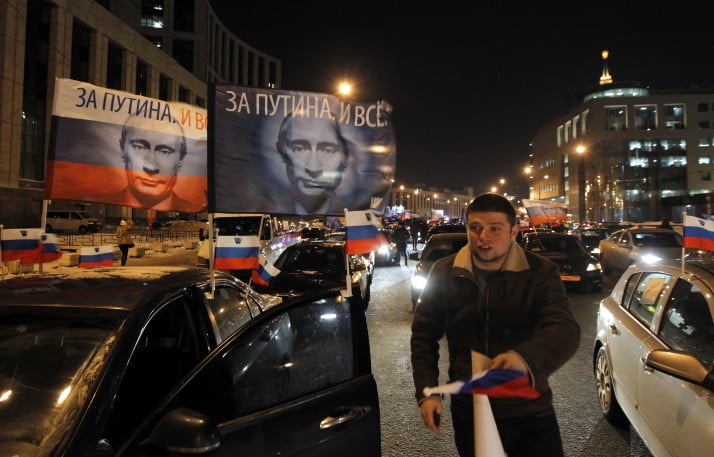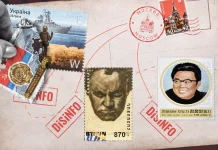
This is not about engaging in counter-propaganda. However, where necessary the EU will respond to disinformation that directly targets the EU and will work with partners to raise awareness of these activities.” – An EU source described.
The European Commission is launching a small ‘start-up’ team, composed of ten experts, in efforts to respond to the misleading Russian information system. The step comes in reaction to the conclusions of the March European Council, which stressed “the need to challenge Russia’s ongoing disinformation campaigns”.
The spokesperson for foreign and security policy of the European Commission, Catherine Ray, told journalists that, “We indeed put a team in place a team within the EEAS to work on it, and they will start working on it as of September. They are now in full shape.”
As requested by the March Council, An Action Plan on Strategic Communication was prepared. The focus of the Action Plan, the EU source described to New Europe, “is on proactive communication of EU policies and values towards the Eastern neighbourhood. The measures cover not only EU Strategic Communication, but also wider EU efforts aimed at strengthening the media environment and supporting independent media. Some of the actions are for the EU institutions to take forward; others are more relevant to the Member States.” It remains to be seen how the different efforts will be divided between Institutions and Member States, and indeed what the impact on the media landscape will be.
The decision to create such a team has been considered a reaction to growing concern in eastern Europe and the Baltic states about the destabilizing influence of Russian propaganda. The EU Official told New Europe that “This is not about engaging in counter-propaganda. However, where necessary the EU will respond to disinformation that directly targets the EU and will work with partners to raise awareness of these activities.“
The special team will be part of the European External Action Service (EEAS) and will be based in its headquarters in Brussels. According to the source, the tasks of the team include “media monitoring” and “the development of communication products and media campaign focused on explaining EU policies in the region.” The mission will also support independent media and work with partner governments. With the goal to effectively communicate the EU policies in the the Eastern neighborhood, the task force will monitor, analyze and respond to reports on EU activities.
In regards to expanding the missions, the task force, the EU source said, is “only one element of a wide range of EU activities aimed at communicating on EU policies.”
The Russian Response
Responding to the EU actions, the Ministry of Foreign Affairs of the Russian Federation said that the “EU is infringing on the fundamental and universally recognised right to the freedom of expression and its commitments to media plurality and the freedom of information.” Expressing concerns, the Russian government believes that such efforts “aim to ostracize Russia from the international media stage” and “create conditions for wholesale discrimination.”
By Kamilla Solieva & Zuzana Pokrievkova, New Europe





